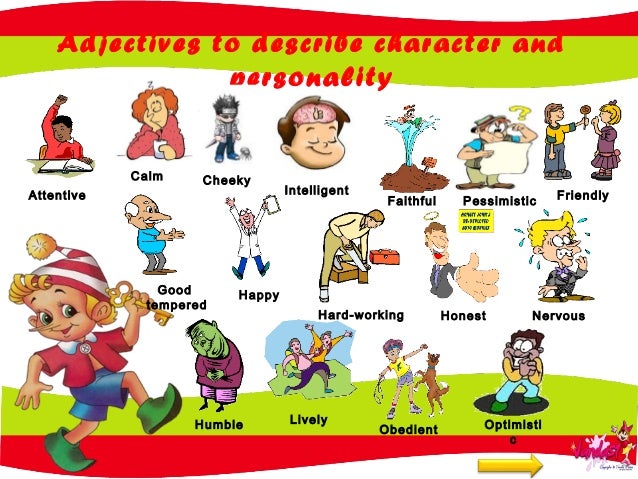-ED REGULAR PAST SIMPLE VERBS
WRITE THE FOLLOWING VERBS IN THE PAST SIMPLE adding (+ed) ,
(+d), (+ied)… AND TRANSLATE THEM INTO SPANISH
Ask Accept
Arrest Collect Count Decide Divide End Expect Export Graduate Hate Include Invite
Invent Land Need Paint Plant Bake Brush Cook Crash Dance Dress Drop Die Study Try Use Travel Worry Escape
Finish Help Hope Jump Stay Save Close Cry Describe Explore Rain
Knock Kiss Laugh
Look Miss Agree Allow Appear Arrive Believe Call Carry Change
Enter Enjoy
+ed
|
+d
|
+ied
|
Double
consonant +ed
|
asked
|
Now
rearrange the verbs according to their pronunciation:
/t/
|
/d/
|
/id/
|
asked
|


